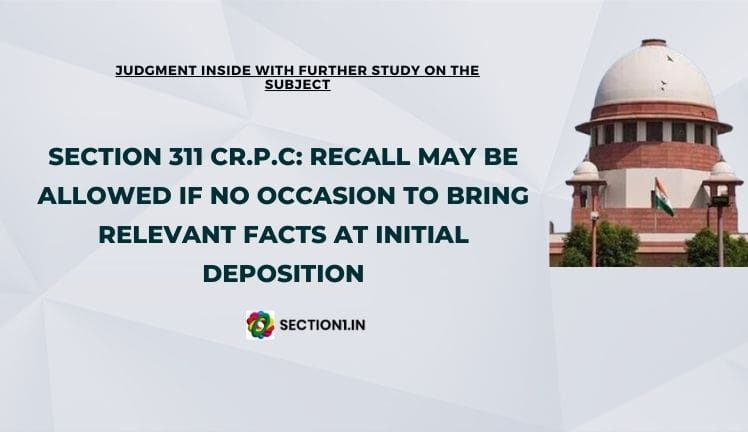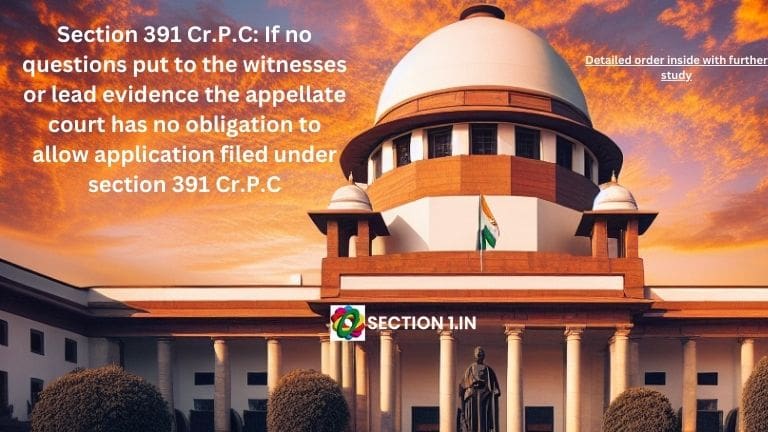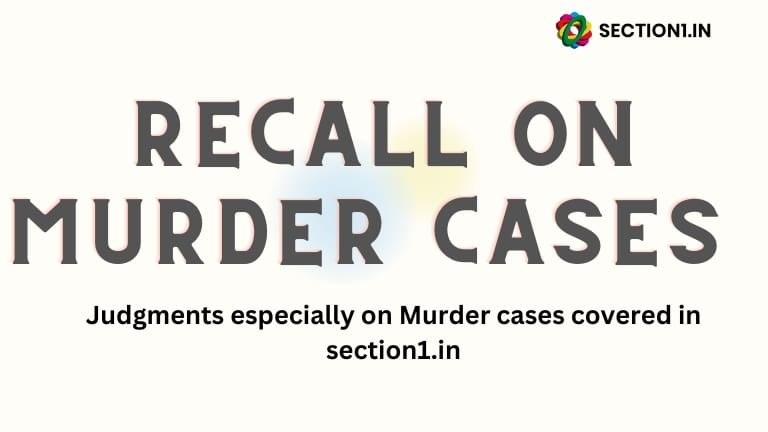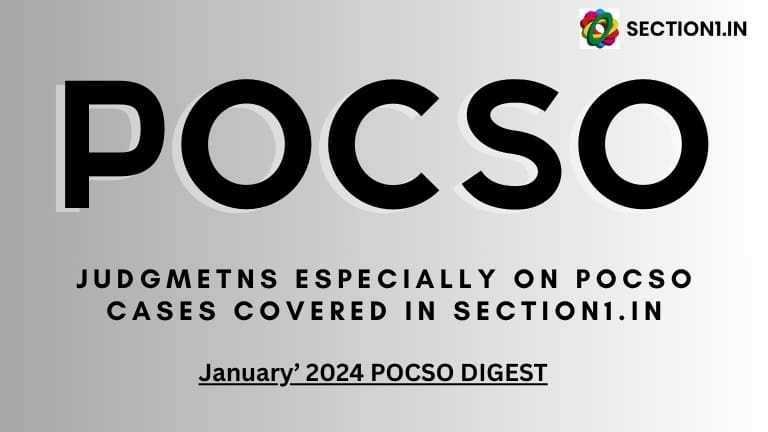Appeal
3. The present appeal has been filed against the order dated 14.12.2021 in CRMM No.40058/2021 (hereinafter referred to as the “Impugned Order”) passed by the High Court of Punjab & Haryana at Chandigarh (hereinafter referred to as the “High Court”), by which the prayer for recall of the appellant as a witness in the trial before the Court below for further examination has been rejected.
Facts
4. The brief facts relating to the case are that the appellant made a complaint against the accused that they, being ex-employees of his company, had stolen company data and used such data to manufacture equipment, which was being manufactured by the appellant’s company. During trial, before the Report from the Central Forensic Sciences Laboratory, Chandigarh (hereinafter referred to as “CFSL”) could come, the evidence of the appellant was recorded. However, when the CFSL expert who had prepared the Report was examined on 20.08.2021 by the Court, though he described the data which was found on the hard disk(s) of the accused, but there was no reference as to whether they were comparable to/same in regard to what was allegedly stolen from the appellant’s company. Thus, under the circumstances, the appellant was constrained to apply for his recall as a witness, which was done within five days of the evidence of the CFSL expert being recorded i.e., on 25.08.2021. The same having been rejected, by the Trial Court and the High Court, the matter is before this Court.
Section 311 Cr.P.C
9. Section 311 of the Code of Criminal Procedure, 1973 (hereinafter referred to as the “CrPC”) has engaged this Court’s attention before. We will advert to a few decisions of recent vintage. While overturning an order of the High Court allowing an application for recall of a witness, which was rejected by the trial Court, this Court held as under, in Ratanlal v Prahlad Jat, (2017) 9 SCC 340:
“……………… para 17.”
10. In Manju Devi v State of Rajasthan, (2019) 6 SCC 203, this Court emphasized that a discretionary power like Section 311, CrPC is to enable the Court to keep the record straight and to clear any ambiguity regarding the evidence, whilst also ensuring no prejudice is caused to anyone. A note of caution was sounded in Swapan Kumar Chatterjee v Central Bureau of Investigation, (2019) 14 SCC 328 as under:
“……………… para 10.”
Essential for the just decision of the case
11. In Harendra Rai v State of Bihar, 2023 SCC OnLine SC 1023, a 3-Judge Bench of this Court was of the opinion that Section 311, CrPC should be invoked when ‘… it is essential for the just decision of the case.’
12. Having considered the matter and surveyed the law supra, the Court finds that a case for interference has been made out. Under the peculiar facts of the present case, the request for recall of the appellant under Section 311, CrPC was justified, as at the relevant point of time in his initial deposition, there was no occasion for him to bring the relevant facts relating to similarity of data before the Court, which arose after the CFSL expert was examined.
Parties
SATBIR SINGH Appellant(s) VERSUS STATE OF HARYANA & ORS – Respondent(s) – CRIMINAL APPEAL NO. OF 2023 (@ OUT OF SLP(Crl.) No.1258/2022) [2634/2023] – 29-08-2023 – 2023 INSC 786.
https://main.sci.gov.in/supremecourt/2022/3239/3239_2022_8_20_46663_Judgement_29-Aug-2023.pdf
Satbir Singh vs State of Haryana
Related study
Court has ample power to recall and re-examine any person even both side evidence closed:
“27. The principle of law that emerges from the views expressed by this Court in the above decisions is that the Criminal Court has ample power to summon any person as a witness or recall and re-examine any such person even if the evidence on both sides is closed and the jurisdiction of the court must obviously be dictated by exigency of the situation, and fair-play and good sense appear to be the only safe guides and that only the requirements of justice command and examination of any person which would depend on the facts and circumstances of each case” – Mohanlal Shamji Soni vs Union Of India And Another on 22 February, 1991 – AIR 1991 SC 1346.
Further study
Recall witness: Petitioner did not file defer petition nor assigned any reasons in the petition.
All about section 311 Cr.P.C – Recall
Dismissal of complaint and s. 311 cr.p.c applications by magistrate for non-appearance – not proper







1 Comment
[…] Section 311 Cr.P.C: Recall may be allowed if no occasion to bring relevant facts at initial depositi… […]